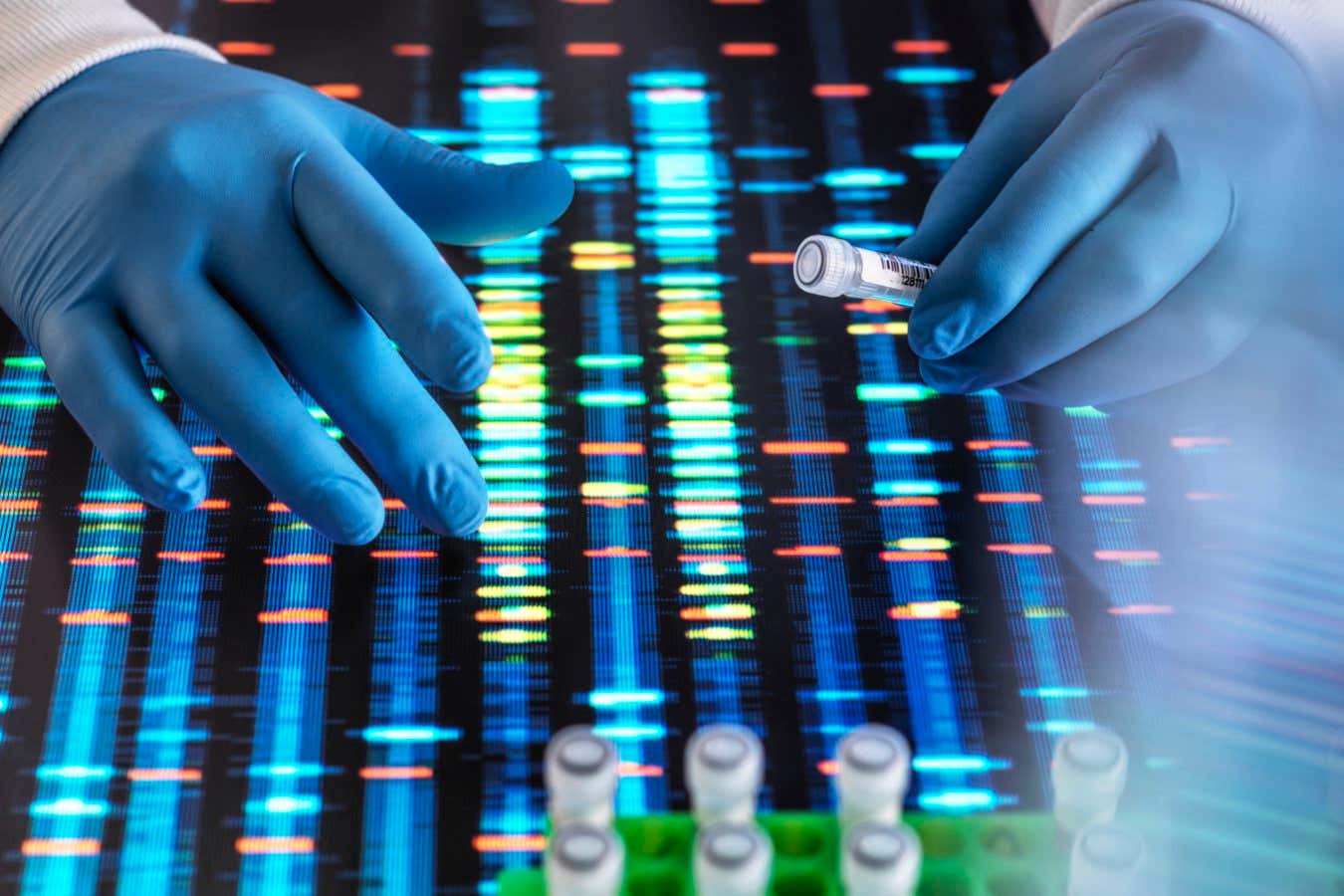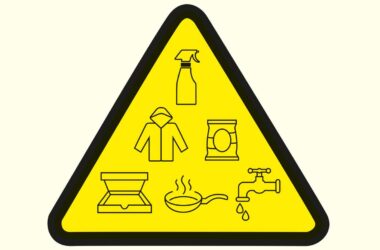The “unknome”, a database of proteins that ranks them according to our understanding, has revealed that there is still much we don’t know about thousands of human proteins. It has also been found that some of these proteins are essential for survival.
To create the “unknome,” researchers at the MRC Laboratory of Molecular Biology in Cambridge started with the approximately 20,000 genes that code for proteins identified in humans. They grouped together closely related genes or proteins that likely have similar functions. This resulted in around 7500 protein clusters.
They then added closely related proteins from commonly studied animals, such as mice or fruit flies, to these clusters, as they are likely to have similar functions. Each protein cluster was given a score based on the amount of information available about its members in the Gene Ontology Resource, which is the main repository of information on gene functions.
Even proteins that haven’t been directly studied in humans can score highly if an equivalent protein has been well studied in another animal. Higher scores are given to entries considered more reliable, such as those published in journals. The scoring system is somewhat subjective, but given the challenge of understanding what we don’t know, this is inevitable.
The most thoroughly studied proteins have scores over 100. For example, a protein called sonic hedgehog, involved in embryonic development, scores 168, while p53, a protein that helps prevent cells from becoming cancerous, scores 126. However, there are more than 2200 proteins with scores below 2, 1100 with scores below 1, and over 800 with scores of 0.
To determine whether these low-scoring proteins are important, the researchers used a technique called RNA interference (RNAi) to reduce the levels of 260 proteins with scores below 1 in fruit flies. They found that 60 of these proteins were essential for the flies’ survival, which surprised the team studying fruit flies.
The number of unknown proteins is gradually decreasing, but the findings of this study may help accelerate the discovery process. Currently, both funding bodies and individual researchers are reluctant to study unknown proteins due to the risk that they may not have any significant function. However, there might be biological processes that we are unaware of because we are not actively looking for the proteins involved in them.
According to Sean Munro, the lead researcher, the discovery of bacterial proteins’ functions through the CRISPR gene-editing technique in 2012 is a testament to the fact that there may still be unknown biological processes waiting to be uncovered.
Insights:
– The “unknome” database ranks proteins based on our understanding of them and reveals the vast amount we still don’t know about thousands of human proteins.
– Some of these unknown proteins have essential functions for survival, as demonstrated through the RNA interference technique in fruit flies.
– Despite progress, the limited funding and uncertainty surrounding the importance of unknown proteins hinder further research and discovery.
– There may be undiscovered biological processes that scientists are not actively investigating due to lack of knowledge and awareness.
– The discovery of bacterial proteins’ functions through CRISPR in 2012 highlights the potential for uncovering unknown proteins and biological processes.








